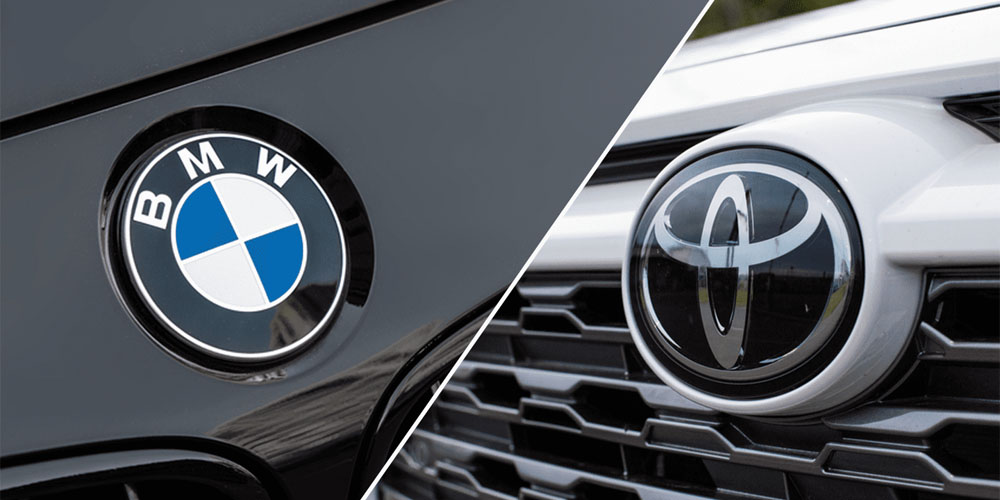In a landmark development, Toyota and BMW have unveiled a strengthened partnership aimed at accelerating hydrogen fuel cell innovation. This strategic collaboration seeks to combine the expertise of both automotive leaders to drive forward the future of hydrogen-powered vehicles.
Toyota and BMW have a history of working together, but this new agreement represents a significant leap. The companies will sign a memorandum of understanding (MoU) on September 5, 2024, to formalize their joint efforts in developing and marketing hydrogen fuel cell cars. This partnership highlights the increasing relevance of hydrogen as a clean energy solution in the automotive sector.
Both Toyota and BMW have already made notable progress in hydrogen technology. Toyota’s Mirai and BMW’s iX5 Hydrogen exemplify their dedication to eco-friendly transportation. By combining their resources and knowledge, the two companies aim to tackle the current challenges of hydrogen fuel cells, such as cost and infrastructure.
This alliance is part of a broader strategy to achieve zero emissions and address climate change. Hydrogen fuel cells offer a viable alternative to traditional engines, providing a cleaner and more efficient energy source. This collaboration is expected to speed up the adoption of hydrogen technology, making it more accessible to consumers globally.
The enhanced partnership between Toyota and BMW is set to drive significant innovations in the automotive industry. By focusing on hydrogen fuel cell technology, the companies are not only addressing environmental concerns but also shaping the future of transportation. The first jointly developed hydrogen vehicles are anticipated to be available as early as 2025.
